Cultural appropriation and Reggae music
Since gaining popularity in the 1960s, reggae continues to greatly impact music. Numerous different artists infuse reggae into other genres, such as pop, jazz and R&B. Due to the popularity that reggae artists of the ‘60s and ‘70s gained worldwide, the genre and the Rastafarian movement reached an international audience. In years following reggae spreading around the world, the genre faced cultural appropriation at the hands of Western audiences. Instead of ignorantly appropriating cultures, listeners of reggae, no matter their background, must practice cultural appreciation. “It is beyond important to practice in cultural appropriation as opposed to cultural appreciation because it shows maturity, respectfulness, and it brings unity to all races, ethnicities, and all people involved.” sophomore Kiana Aitken said.
September 2, 2022
With mainstream attention to the song, “Pass the Dutchie” by Youth of Today received since the release of the fourth season of Stranger Things, newer audiences gained exposure to reggae through the character of Argyle and his scenes in the Surfer Boy Pizza van. Fans and non-fans alike could now start delving into the mellow beats and powerful lyrics of the genre. This also opens up the door to the appropriation that the culture behind the genre falls susceptible to.
Roots reggae originated in Jamaica in the 1940s and ‘50s and increasingly gained traction in the country during the late ‘60s. During this time, popular styles of reggae such as ska and rocksteady originated, and numerous reggae artists started gaining notoriety. In the ‘70s, reggae started to gain fame around the globe and found popularity in the United States, Africa and the United Kingdom.
“Being born in Jamaica and growing up in a Jamaican household meant that, for me, at almost all times I was getting surrounded by reggae music– to me, the genre is a symbol of peace and my connection to my own cultural roots. In a way, it’s mended my life into what it is to this day by continuously reminding me of my origins,” sophomore Kiana Aitken said.
Reggae music carries ties to the religious movement, Rastafarianism. Rastafarianism dates back to the 1930s and served as a voice of oppression and marginalization against the Black community in the face of slavery and colonization. During the ‘70s and ‘80s, prominent reggae artists of the time, such as Bob Marley and the Wailers sang of freedom, liberation and redemption in the face of downpression, spreading the Rastafari movement around the world.
The use of cannabis also referred to as Ganga, exists as another aspect of Rastafarianism. Followers of the religion hold it in holy regard. Because of the correlation between Rastafarianism and reggae music, the use of marijuana became correlated to the musical genre as well. Even though the most notorious reggae artist of all time, Bob Marley, only smoked cannabis in religious settings, the stereotype of the recreational smoking of cannabis and reggae music became more rampant as it westernized. Other types of appropriation from reggae include the mocking of Jamaican accents, and non-black people wearing the hairstyle dreadlocks, popular in Rastafarian culture.
“Absolutely, I believe you could ask any person in the world this exact question [Do you believe reggae music has been culturally appropriated] and the answer would stay consistent. The genre is often mocked by non-minority groups, whether that be by making fun of our accents or correlating our music to stereotypical drug use. It’s too often I see our music getting appropriated disrespectfully, something I find disheartening rather than comedic,” Aitken said.
Without learning the history of reggae music, it allows for the cycle of appropriation of beautiful culture and powerful movement to continue. The genre faces Western stereotypes perpetuated against it by listeners of the music that do not take the time to educate themselves. Instead of willingly choosing to stay uneducated, fans of the reggae music genre can gain knowledge of its background, and instead of engaging in cultural appropriation, they can practice cultural appreciation.
“It’s important to practice cultural appreciation because there are so many ways you can enjoy someone’s culture without hurting it. You can actually start talking to people from the culture and ask them what’s okay and what’s not. Try to be true to yourself and not change yourself because you find it cool. It’s fine to experience it and have fun, but don’t overstep their boundaries or closed practices,” senior Laniya Lucas said.




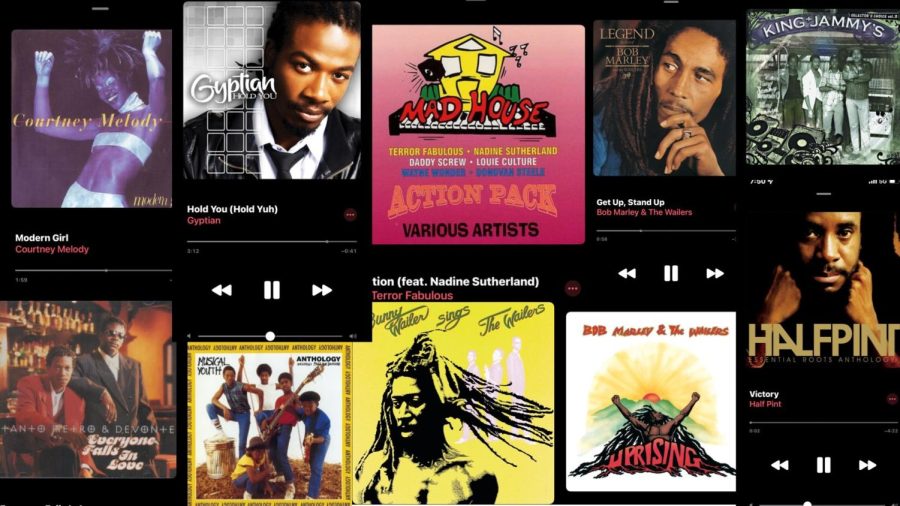
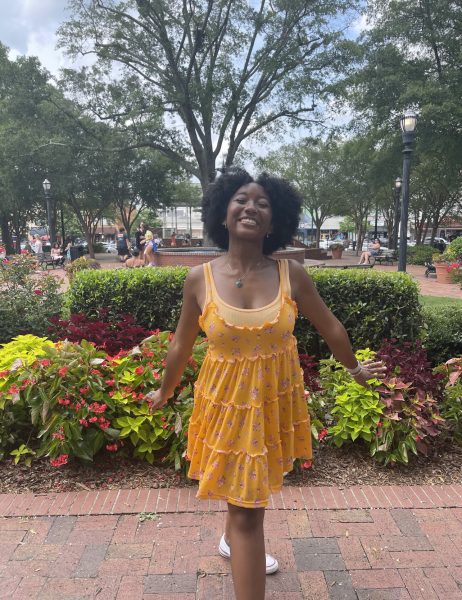


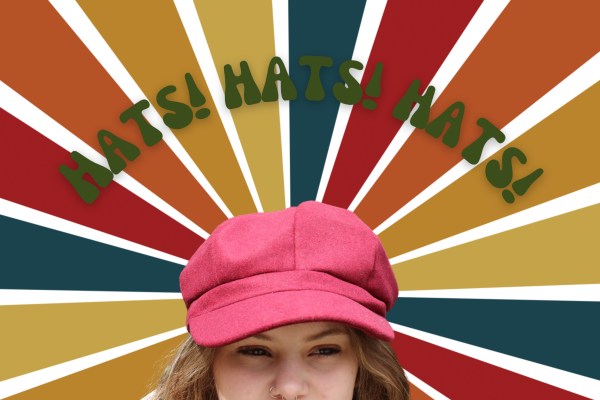

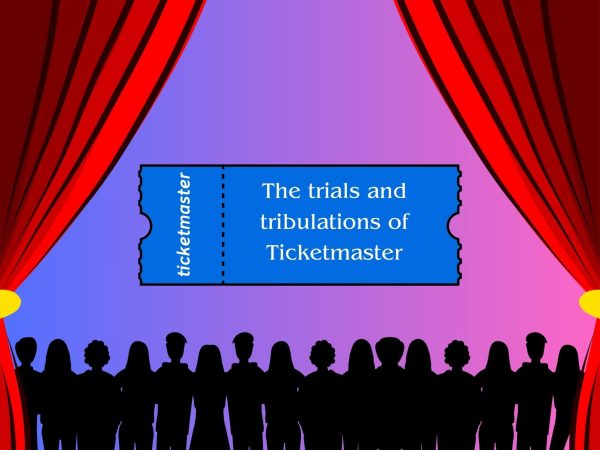

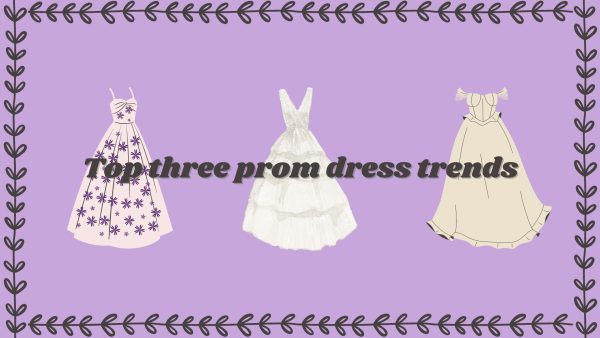
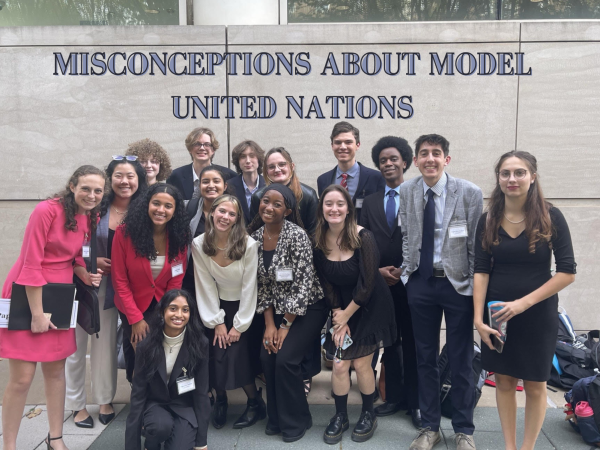
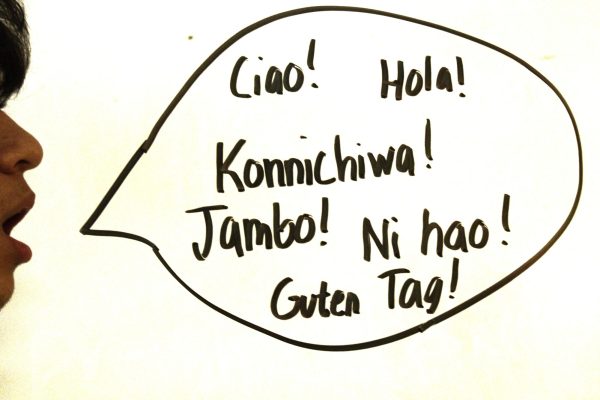

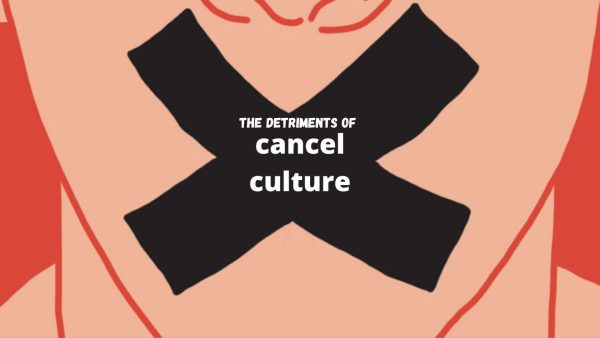

Most Copied And Hated • Feb 14, 2023 at 9:56 AM
Reggae was created from Jamaicans copying Black American Soul/Doowop/R&B, its on youtube of the Reggae Elders saying this themselves..They are the appropriators of Black Americans, along with AfroBeats and Kpop..All the just copying Black Americans.